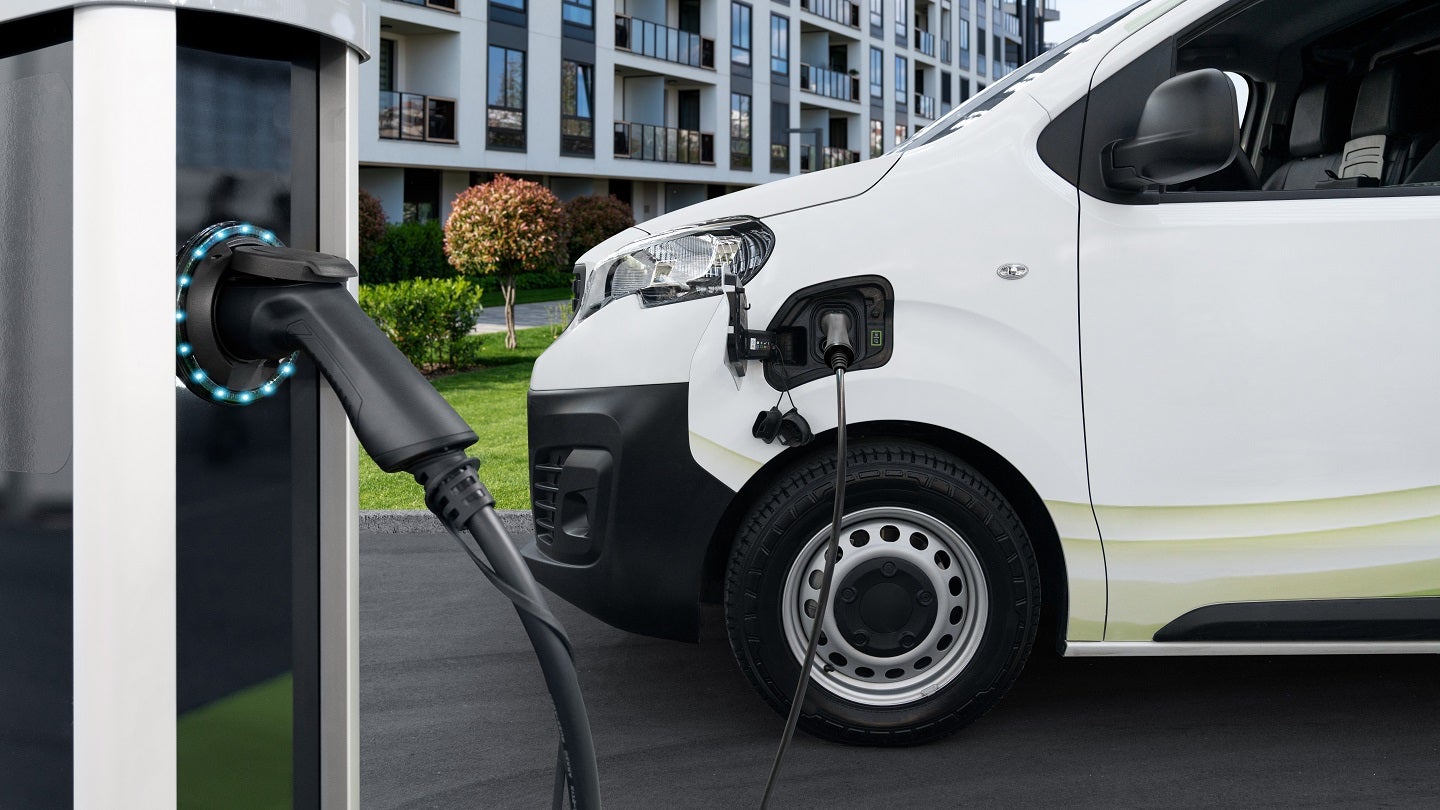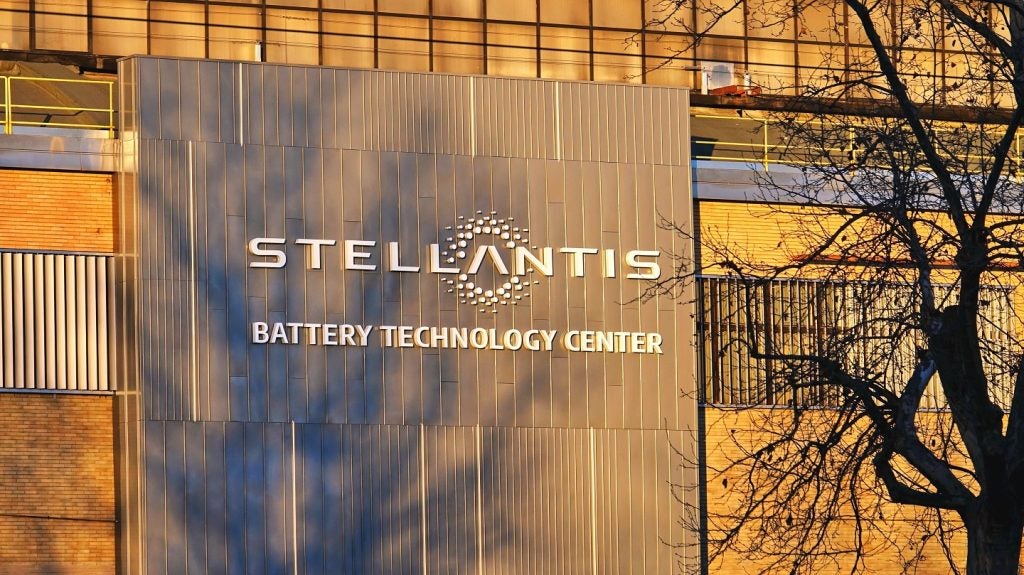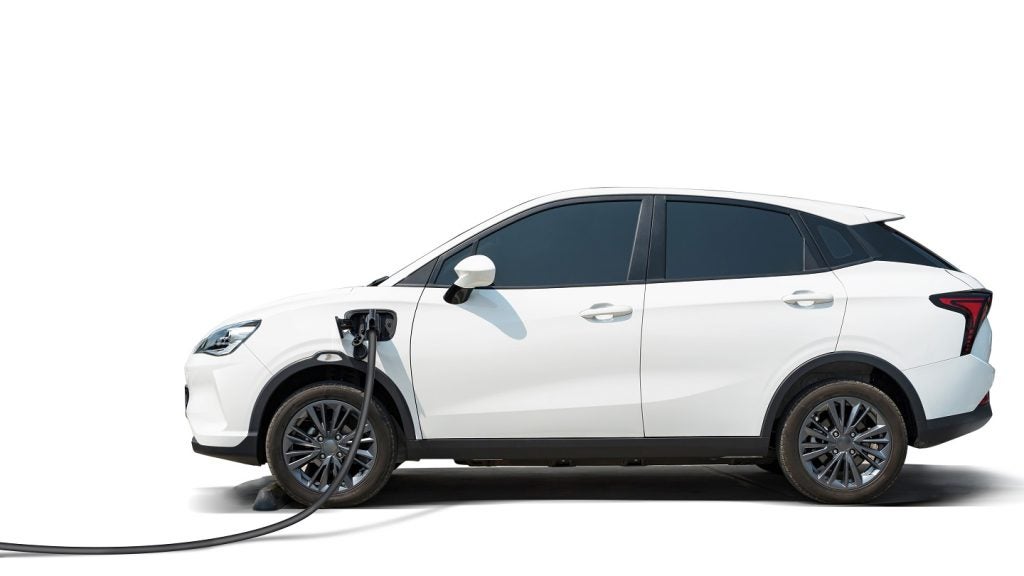
The Association of Fleet Professionals (AFP) has said that a more accurate labelling system for electric vans will boost their adoption.
Last year, the organisation highlighted that the current worldwide harmonised light vehicle test procedure (WLTP) figures were inadequate.
The issue has been highlighted by this winter’s conditions, which have seen the range of electric vans significantly reduced.
According to AFP chair Paul Hollick, recent reports indicate operators of electric vans with a WLTP range of 321km are experiencing ranges halved to 160km under full load in cold weather.
This presents a substantial challenge for fleet managers in terms of operational planning.
The AFP chair stressed the necessity for WLTP labelling to reflect different payloads and weather conditions, not just an unladen vehicle in optimal temperatures.
How well do you really know your competitors?
Access the most comprehensive Company Profiles on the market, powered by GlobalData. Save hours of research. Gain competitive edge.

Thank you!
Your download email will arrive shortly
Not ready to buy yet? Download a free sample
We are confident about the unique quality of our Company Profiles. However, we want you to make the most beneficial decision for your business, so we offer a free sample that you can download by submitting the below form
By GlobalDataHollick said: “Ultimately, it means that the official data designed to guide fleets towards making informed buying decisions is at best, inaccurate and, at worst, actively leads them to purchase the wrong vehicles. These are very expensive mistakes for businesses to be making.”
While many fleets successfully operate electric vans, as their operational demands are less stringent, the AFP report acknowledges that issues arise when the actual range falls short of what is required.
The AFP chair noted: “If you have bought a van with a 321km range because you need a 321km range, then the WLTP figures can be actively misleading and you could acquire a vehicle that just doesn’t meet your requirements.
“What we need to happen is for the WLTP standard for electric vans to change but the agreement is made at a United Nations level, so bringing that pressure to bear is extraordinarily difficult, especially in a short timeframe.”
Hollick stated that while it seems unlikely, the UK could be able to implement its labelling scheme in addition to WLTP.
Due to problems they have had with operating electric vans, some fleet operators are beginning to consider hydrogen as a fuel choice, the AFP said last month.







